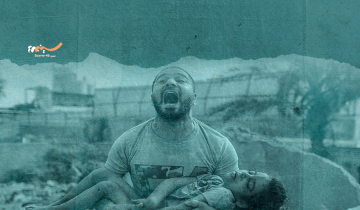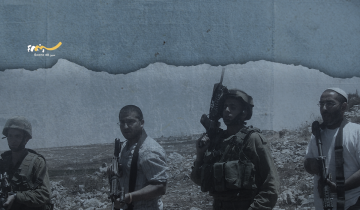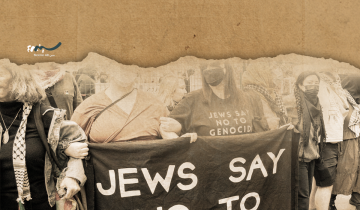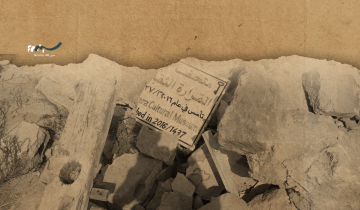Content as Voice – Building a Living Archive of Palestinian Family Life
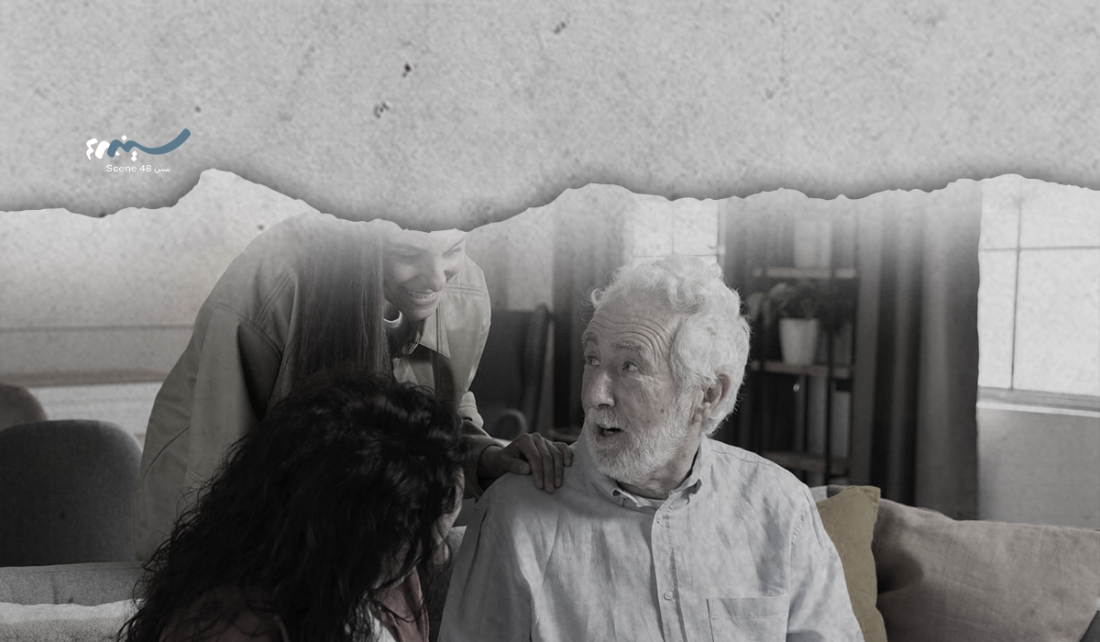
My first spark in the digital content world came from a single line in a TED Talk: “One day, your children will search your name and see exactly what you were up to.” It hit me instantly. I realized then that one day, I want my daughter and the generations after her to find something meaningful when they search my name.
So in 2019, I opened a note on my phone and began jotting down ideas. I didn’t know it then, but those scattered lines would become the seeds of Shift Ahel. Growing up, to learn about my grandparents’ lives, I would sit with my mother who carried the stories of both sides of the family, repeating them often, afraid they might disappear if left untold.
Then it clicked. Why not move these kitchen table conversations into a studio? Why not record them so they could outlive our memories? I envisioned those same conversations on air, reaching Palestinians and Arabs here and abroad, sparking new discussions, just like ours around the family table.
Finding the Gap
That phone note kept growing, filled with research, statistics, guest ideas, and observations about Arabic shows that did or didn’t exist. The more I learned, the clearer the gap appeared. Meanwhile, social media raced forward, prioritizing short, visual, and viral content. I wanted the opposite: raw, real, authentic, slow, long-form audio; built as an archive with the future and my identity in mind.
Arabic is among the most spoken languages globally with over four hundred million native speakers, yet only about 3% of all online content is in Arabic. This absence isn’t merely a market gap; it’s a cultural vulnerability. In a digital world, if our voices aren’t present, our realities risk erasure. For Palestinians, especially in the ’48 areas, where our lives tightly intertwine with Israeli society, the lack of authentic content in our own language becomes an existential threat. Without our stories preserved in a living archive, future generations face a distorted legacy.
Permission to Narrate
My work echoes and builds on a broader Palestinian intellectual tradition of reclaiming narrative. Edward Said, Palestinian- American academic, called this struggle “Permission to Narrate,” describing how Palestinians were long denied the right to tell their own story in the face of silencing and erasure. Historians and scholars have shown how narrative strengthens community ties across generations and geographies, providing platforms for marginalized voices. It is this tradition that inspires and informs Shift Ahel’s work, positioning it within a wider practice of cultural preservation and resistance.
From an Idea to a Living Archive
I began recording with close friends, amazed by their eagerness to speak. Many addressed their stories directly to their children, envisioning them as future listeners. What started with my family grew into a platform dedicated to documenting Palestinian family life: how we parent, love, grieve, teach, and pass on values. Shift Ahel became my answer to filling this void.
We’ve recorded over fifty episodes with more than seventy guests (mothers, fathers, children, grandparents, siblings). Topics include adoption, parenting through grief, evolving male roles, generational trauma, raising children amid conflict; and much more.
The Weight of Our Words
We speak in Palestinian Arabic—with accents from all our towns and villages—because language is more than words. It carries tone, rhythm, phrasing, and silences heavy with feelings. If we don’t tell our own stories, others will, and often in ways that misrepresent us. In a digital-first world, absence means erasure. The lack of Palestinian content is not just inconvenient; it threatens our collective memory. Without our voices, we lose not only stories but evidence of our existence.
That’s why Shift Ahel is more than a podcast; it’s an emotional archive, a cultural record, and a bridge across generations. Some episodes are tender and quiet; others are raw and difficult. But each one is a truth ensuring our lives are remembered on our terms, not merely personal histories, but a collective responsibility to preserve the narratives and identity.
Preservation, not Just Reach
For me, content creation isn’t about instant clicks or broad reach; it’s about preservation. Each episode is cultural proof that we lived, loved, struggled, and built families in uniquely Palestinian way.
When my mother Suad discusses the parenting values inherited from her parents (faith, honesty, unconditional love, hard work, and responsibility) that’s an identity thread no “like” can measure. When a father like Abed Abu Shhadeh explains how he raises his daughter on the same national values he learned in Yaffa, that’s quiet resistance made tangible. In the ’48 areas, our language, traditions, and values face relentless pressure, with limited media reflecting our realities authentically. Documenting our narratives in our own voice is one of the few ways to protect them.
Looking Ahead
I often imagine a child twenty years from now discovering a Shift Ahel episode. Maybe their mother’s voice recalling their upbringing, or a stranger’s story that feels like their own. What will they learn about where they come from?
The urgency is now. Recording our own voices is not just for nostalgia; it is resistance. Every truth told safeguards us against erasure or rewriting. In this era of rapid political, social, technological change, preserving our lived realities is not optional; it is survival.
Without Palestinian voices online, a dangerous vacuum opens for others to define us, risking that our realities, our histories, and even our existence will be written out of the collective memory. For me, content is not about momentary visibility; it’s about building an undeniable archive rooted in truth, able to withstand all attempts at erasure.
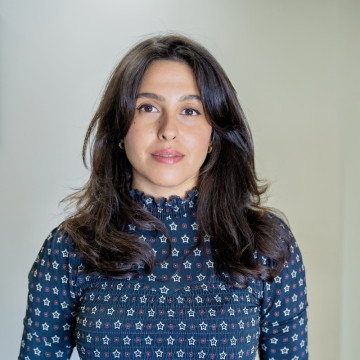
Besan Abu Abeid
Creator and host of Shift Ahel (Shiftأهل), a podcast and cultural archive that documents Palestinian parenting stories and family dynamics.
She is a content creator committed to centering Arab voices and enriching the Arabic language in digital spaces.
